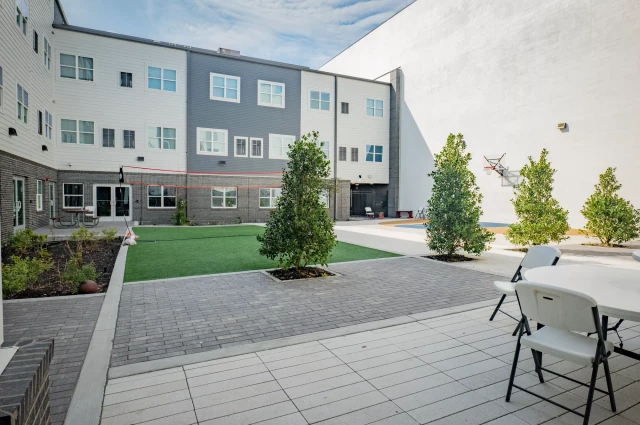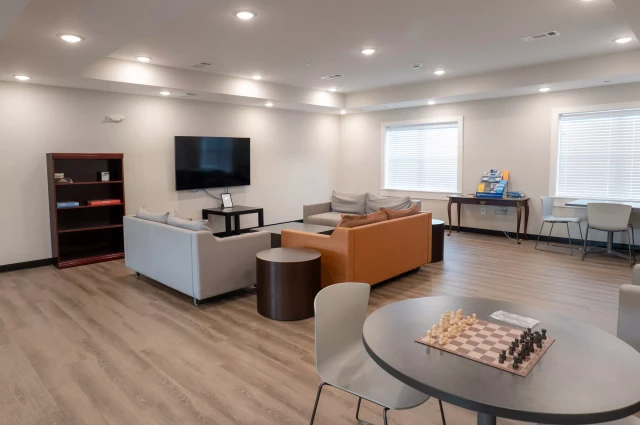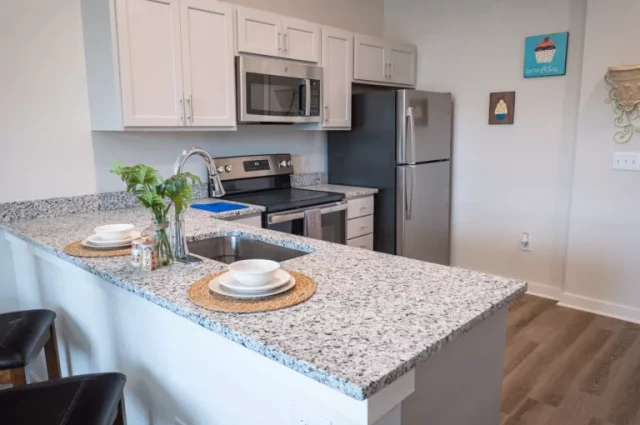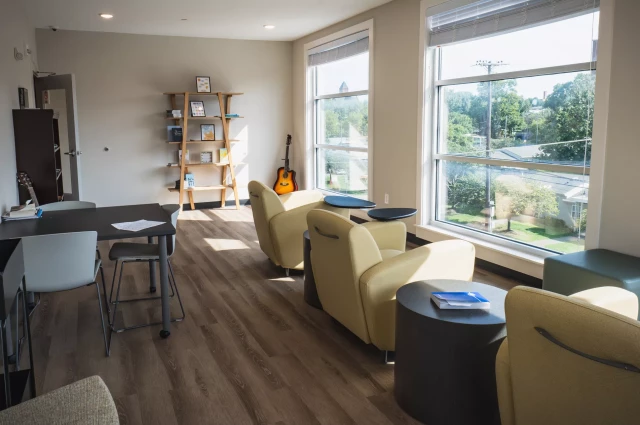Samaritan Recovery Community Information
Treatment
Who We Treat
- Male and Female
Treatment Focus
- Co-Occurring Disorders
- Drug Addiction
- Alcohol
Approaches
- Group Therapy
- Family Therapy
- Holistic
- Evidence-Based
- Trauma Informed
- 1-on-1 Counseling
- Cognitive Behavioral Therapy (CBT)
- Motivational Interviewing
- Life Skills Training
- Relapse Prevention Counseling
Conditions We Treat
- Post Traumatic Stress Disorder
- Anxiety
- Depression
- Schizophrenia
- Bipolar
- Trauma
Substances We Treat
- Prescription Drugs
- Benzodiazepines
- Heroin
- Cocaine
- Ecstasy
- Psychedelics
- Synthetic Drugs
Aftercare
- Outpatient Treatment
- Relapse Prevention Planning
- Aftercare Group Therapy
- Employment Counseling
- Housing Services
- Continuing Care
- Discharge Planning
Level of Care
- Intensive Outpatient Program (IOP)
- Outpatient
Experience
On-Site Amenities
- Basketball Court
- TV
- Lounge
- Outdoor Space
- Outdoor Lounge
- Recreation Room
Personal Amenities
- Shared Rooms
On-Site Activities
- Games
Special Considerations
- Family Program
Samaritan Recovery Community, Tennessee Reviews
Find the best treatment options. Call our free and confidential helpline today!




